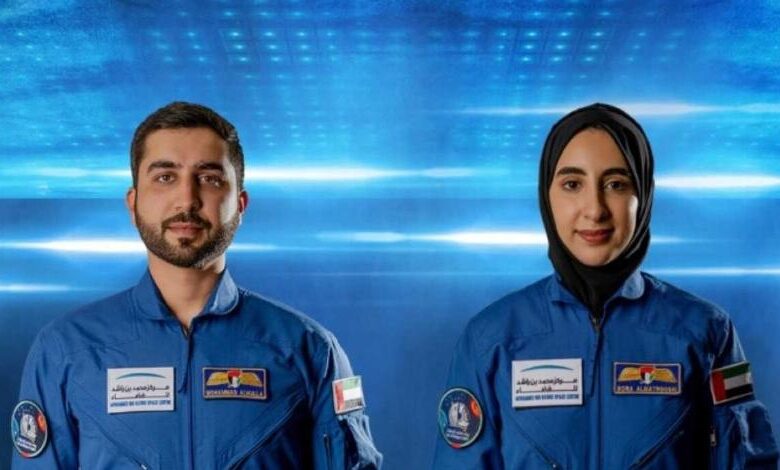UAE selects first Arab woman for astronaut training at NASA

The United Arab Emirates has selected the first Arab woman to train as an astronaut, as the Gulf country rapidly expands into the space sector to diversify its economy.
Speaking to Khaleej Times earlier, Salem Al Marri had affirmed that the next Emirati astronaut to head into space could very well be a woman.
He said: “Women bring something very different to the table and to the human space life and having a well-rounded programme definitely requires that we have diversity in gender. But our selection criterion is not based on gender it’s based on quality and the best and brightest.”
“What we had seen initially is that from 1400 women applied, we had some really great candidates. Some have doctoral degrees and are medical doctors. It’s not just about capability it’s also about them being fit medically and psychologically. Those things are sometimes not in our hands,” he added.
The Head of the UAE Astronaut Programme, Mohammed Bin Rashid Space Centre (MBRSC), simultaneously underlined the programme expectations for this year.
Sheikh Mohammed bin Rashid Al Maktoum, the ruler of Dubai who also serves as the autocratically ruled country’s prime minister and vice president, named the two astronauts on Twitter.
The two will undergo training at NASA’s Johnson Space Center in Houston, Texas.
The UAE launched a National Space Programme in 2017 to develop local expertise. Its population of 9.4 million, most of whom are foreign workers, lacks the scientific and industrial base of the big spacefaring nations.
In 2019, Maj. Hazzaa al-Mansoori became the UAE’s first astronaut in space, spending an eight-day mission aboard the International Space Station.
The Emirates has had other recent successes in its space program. This February, the UAE put its Amal, or Hope, satellite in orbit around Mars, a first for the Arab world. In 2024, the country hopes to put an unmanned spacecraft on the moon.
The UAE also has set the ambitious goal of building a human colony on Mars by 2117.



